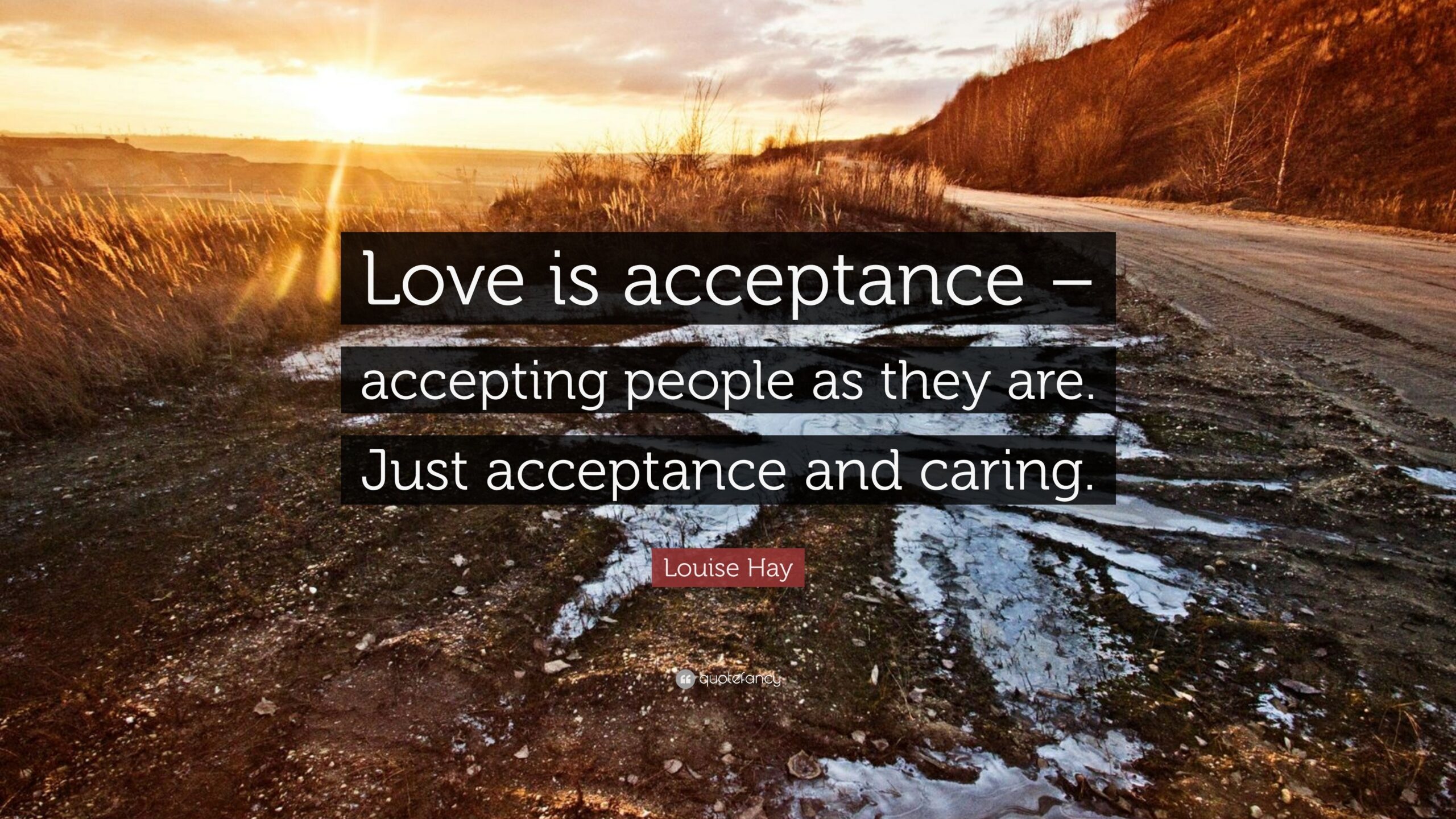Life is a constant cycle of ups and downs. Everything seems bearable except for love, loss, and acceptance. When combined, these three forces can be a storm. But what happens when our beliefs are challenged and the things we run from are thrown right at our faces?
The Blue Street Stories by Arthur L. Jenkins explores these questions deeply. It is a collection of emotional stories that explores the struggles of identity and society’s expectations.
Jenkins beautifully explains the clash between race, sexuality, and faith in his novel. Whether it is about sexual identity or the journey towards self-acceptance, the characters fight with their fears.
The Duality of Love and Loss
The foundation of the book is the painful duality between loss and love. Love is not always romantic, but it is what we often look for from society and family. Every character in these stories faced rejection from their loved ones. Think that you belong to a religious family that doesn’t accept your sexuality? Terrifying right? This is what the people face when they don’t fit into the ideal box of the society.
Yet, amidst the loss, there is also love—a complicated, messy, and sometimes self-destructive kind of love. In the story “Is It Worth It?” the protagonist reflects on his diagnosis with HIV, coping with the love he had for a life of freedom, sexual exploration, and risk. However, that same love led him to a point of no return, forcing him to ask, was it really worth it? This question relates to anyone who has ever wondered if their choices in the name of love are worth the consequences.
Challenging Societal Beliefs
Religion and Sexuality
One of the most touching aspects of The Blue Street Stories is its exploration of the clash between religion and sexuality. Jenkins beautifully captures the internal conflict many LGBTQ+ individuals experience growing up in religious households that reject their identities.
How do you reconnect with your faith with a sexual identity that’s considered “sinful” by your religious community? In many stories, characters must confront this painful clash, choosing between staying true to themselves or meeting the expectations of society. This internal battle isn’t just about sexuality; it’s about the broader question of how we challenge societal beliefs that tell us who we should be.
The Power of Self-Acceptance
If love and loss form the emotional heart of The Blue Street Stories, then acceptance is the soul. For Jenkins’ characters, the journey to self-acceptance is filled with obstacles, yet it is this journey that holds the most power. Whether dealing with HIV, going through toxic relationships, or overcoming societal rejection, the characters’ struggles ultimately lead them to a point of reckoning.
In the story “Lessons We Haven’t Learned Yet,” the protagonist seeks sexual validation through risky behavior, believing that acceptance comes from others’ approval. However, the deeper lesson is that self-acceptance cannot come from external sources.
Rewriting Our Own Stories
The Blue Street Stories is about rewriting your own story. Whether you decide to walk away from toxic relationships, confront the realities of HIV, or make peace with a difficult past, these stories remind you that you have the power to write your own endings.
Conclusion
Life is rarely black and white, and neither are the themes of love, loss, and acceptance. Jenkins invites us to accept the complexities of challenging our beliefs and finding our path. Whether you relate to his characters or simply find yourself moved by their stories, this book offers a significant exploration of the human condition and the ongoing struggle for self-acceptance.
Call to Action
If you’re looking for a book that challenges societal norms and explores the emotional struggles of marginalized communities, The Blue Street Stories is a must-read. Arthur L. Jenkins offers raw and touching stories that will not only engage your mind but touch your heart. Grab your copy today!

Leave a Reply